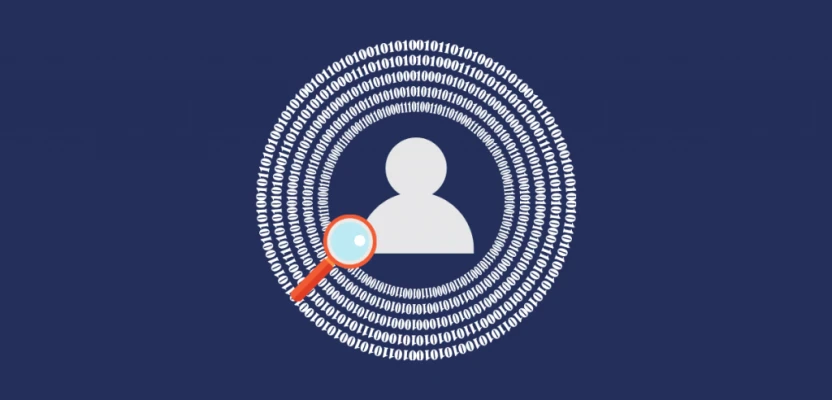
The digital age has brought with it an increased incidence of personal data theft, posing significant risks to individuals and organizations worldwide. Stolen personal data can be used in various nefarious ways, which can have severe and long-lasting effects on victims. This article delves into the various uses of stolen personal data and aims to raise awareness about the importance of safeguarding personal information.
Identity Theft
One of the most common uses of stolen personal data is identity theft. Criminals use stolen data, such as Social Security numbers, birth dates, and addresses, to impersonate victims. This can involve opening new credit accounts, making fraudulent purchases, or obtaining loans in the victim's name. The repercussions for the victim can be devastating, including damaged credit scores, financial loss, and the lengthy process of restoring their good name.
Financial Fraud
Financial fraud is another common outcome of data theft. Hackers can gain access to bank account or credit card information and siphon off funds. They can also use this information to make unauthorized purchases or withdrawals, often draining the victim’s financial resources.
Phishing Schemes
Stolen personal data can be used to craft convincing phishing schemes. By using personal information, attackers can create targeted and personalized emails or messages that appear legitimate. These messages often trick victims into revealing even more sensitive information, like passwords or bank account details.
Creating Fake Identities
Stolen data can be used to create fake identities. This can be particularly dangerous when the data belongs to children, as the fraud might go unnoticed for years, until the child grows up and starts using their identity for credit or employment. By then, significant damage may have already been done.
Selling on the Dark Web
Personal data is often sold on the dark web, a part of the internet not indexed by search engines and accessible only with specific software. On dark web marketplaces, personal data is a commodity, and prices vary based on the type of data and its perceived value. This data can then be purchased by other criminals for various fraudulent activities.
Ransom and Blackmail
In some cases, cybercriminals use stolen data to extort money from individuals or organizations. This can involve threatening to release sensitive information unless a ransom is paid. For businesses, this might mean threats to expose customer data or proprietary business information.
Unauthorized Access to Online Services
Personal data can also be used to gain unauthorized access to online services. For instance, hackers might use stolen email addresses and passwords to breach accounts on various platforms. Once inside, they can exploit these accounts for their benefit or further criminal activities.
Corporate Espionage
Stolen personal data can be used in corporate espionage. Employees' personal data can be leveraged to gain unauthorized access to secure business environments. This can lead to the theft of intellectual property, sensitive business strategies, or customer data, significantly harming the business’s competitive position and reputation.
Impact on Healthcare
In healthcare, stolen data can lead to medical identity theft. Criminals can use stolen health insurance information to receive medical care or prescription drugs, which can lead to incorrect entries in the victim’s medical records, potentially causing health risks.
Social Engineering
Stolen data can aid in social engineering attacks. Cybercriminals use personal information to build trust and manipulate individuals into performing actions that compromise security, such as divulging confidential information or granting access to restricted areas.
Political Manipulation
In some cases, personal data can be used for political manipulation. Information harvested from personal data can be used to create targeted political campaigns or misinformation strategies designed to influence public opinion or voting behavior.
Conclusion
The misuse of stolen personal data can have far-reaching and often devastating consequences for individuals and organizations. It underscores the importance of robust data security practices, both personally and professionally. Regularly updating passwords, being cautious about sharing personal information, using two-factor authentication, and staying informed about the latest data security practices can help mitigate the risk of personal data theft. Additionally, businesses and organizations must invest in comprehensive cybersecurity measures to protect against data breaches and ensure the safety of their customers' and employees' information. In the digital world, vigilance and proactive protection are key to safeguarding one’s personal data from the myriad of risks it faces.



Comments 0